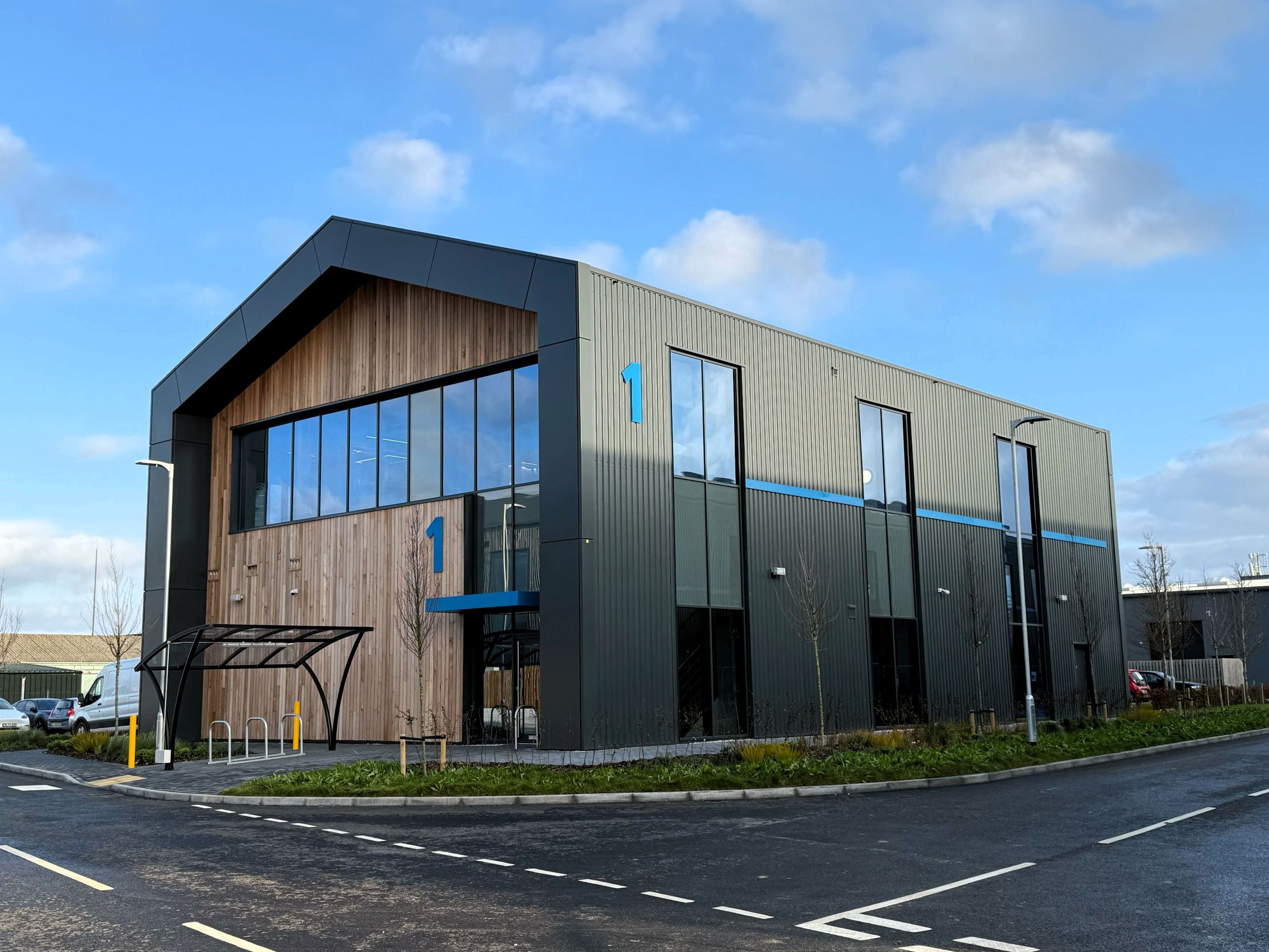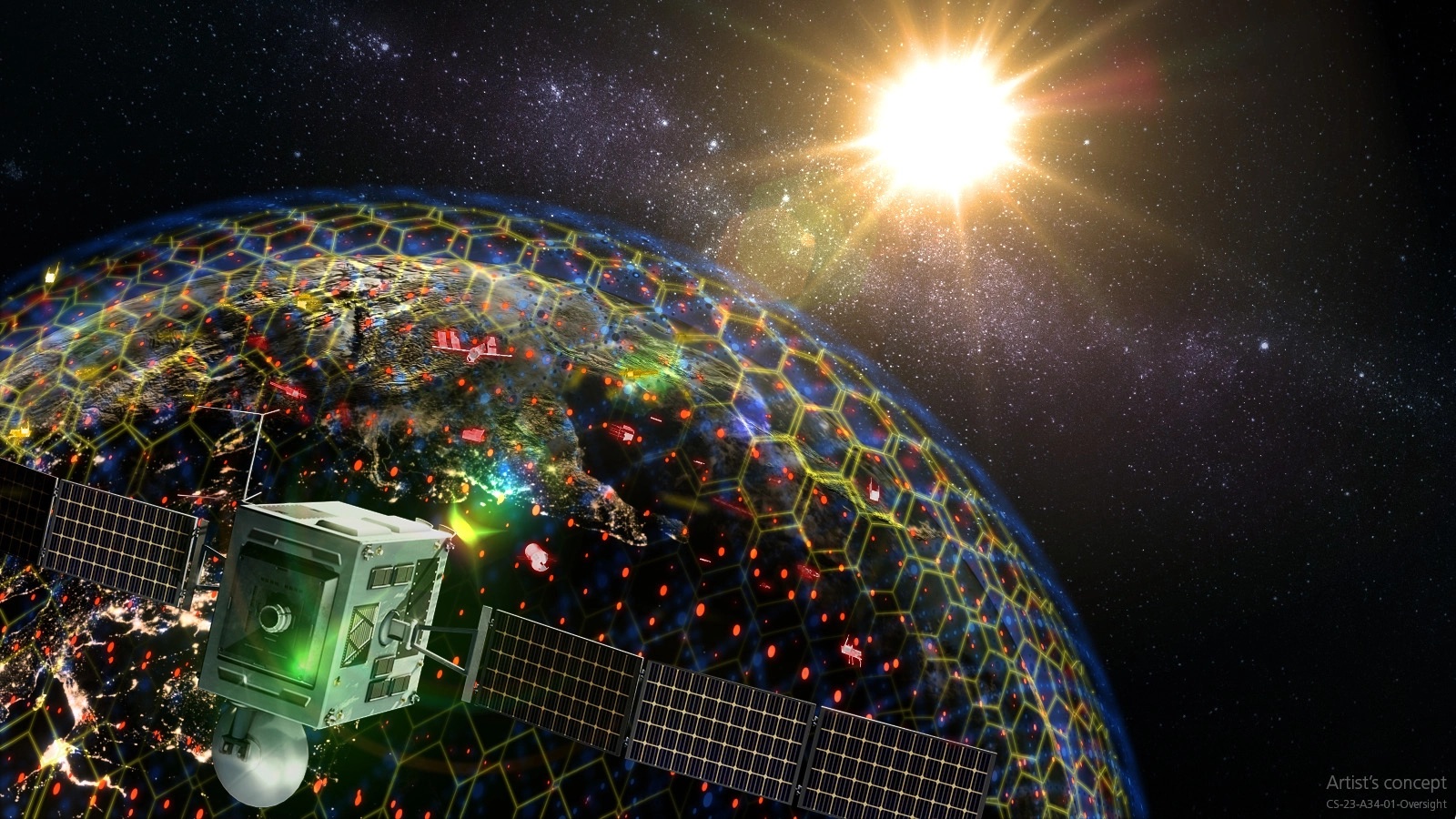Teledyne e2v and TI collaborate on radiation-tolerant DDR4 memory solution

Image courtesy Teledyne e2v
This field-proven hardware consists of a 4GB/8GB capacity DDR4T0xG72 DDR4 memory from Teledyne e2v accompanied by a TI TPS7H3301-SP DDR termination low drop-out (LDO) voltage regulator that provides a stable supply for the DDR4 module.
Optimised for implementations where there are acute size, weight and power (SWaP) constraints to factor in, the DDR4/TPS7H3301-SP platform is very compact and convenient to use. The constituent components have already gone through comprehensive space characterisation and qualification procedures to help designers achieve long-term operation without single event latch-up (SEL) and single event upset (SEU) issues arising.
This platform allows elevated levels of data storage capacity to be achieved inside a very small form factor. It requires three times less PCB area versus solutions from the competition and its volume is smaller by a factor of 10.
Versatility is another plus point, with the DDR4T0xG72/TPS7H3301-SP modular platform being applicable across a wide range of space-grade processors (including Teledyne e2v and others), FPGAs/ACAPs (such as AMD/Xilinx, Microchip and NanoXplore) and custom-built ASICs.
“Having access to pre-tested, easy-to-integrate hardware is of real benefit to those constructing systems for space deployment,” stated Thomas Guillemain, Marketing Manager for Digital Processing Solutions at Teledyne e2v. “This joint platform results in significant value for our space customers, particularly on SWaP.”
Mark Toth, marketing and applications engineering manager for space-grade power products at TI said: “The DDR4T0xG72/TPS7H3301-SP solution means that space systems will now have access to a small-format module that saves critical board area and offers high power density and verified radiation hardness and reliability.”
The radiation-validated TI and Teledyne e2v devices that make up this solution are featured in Alpha Data’s Versal Core development kit ADK-VA600.










